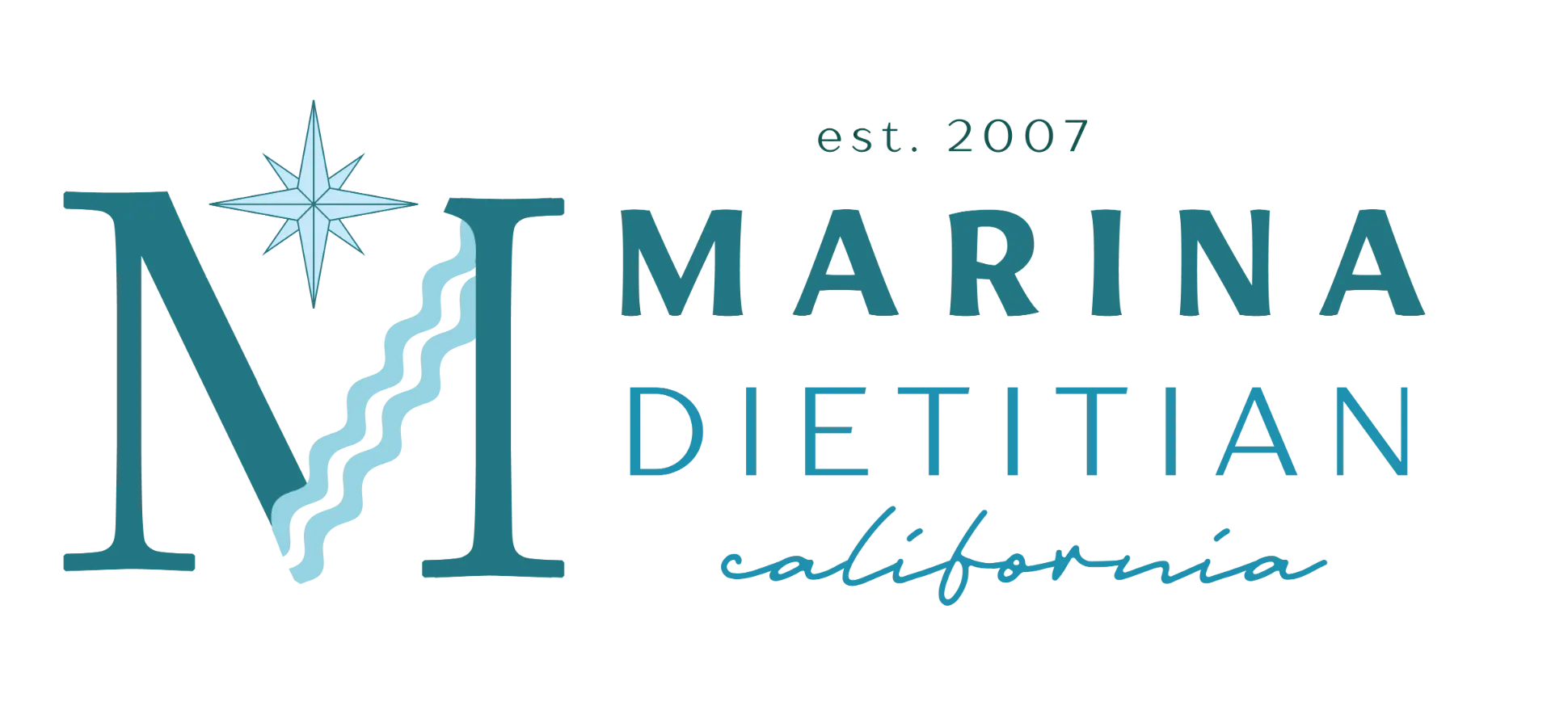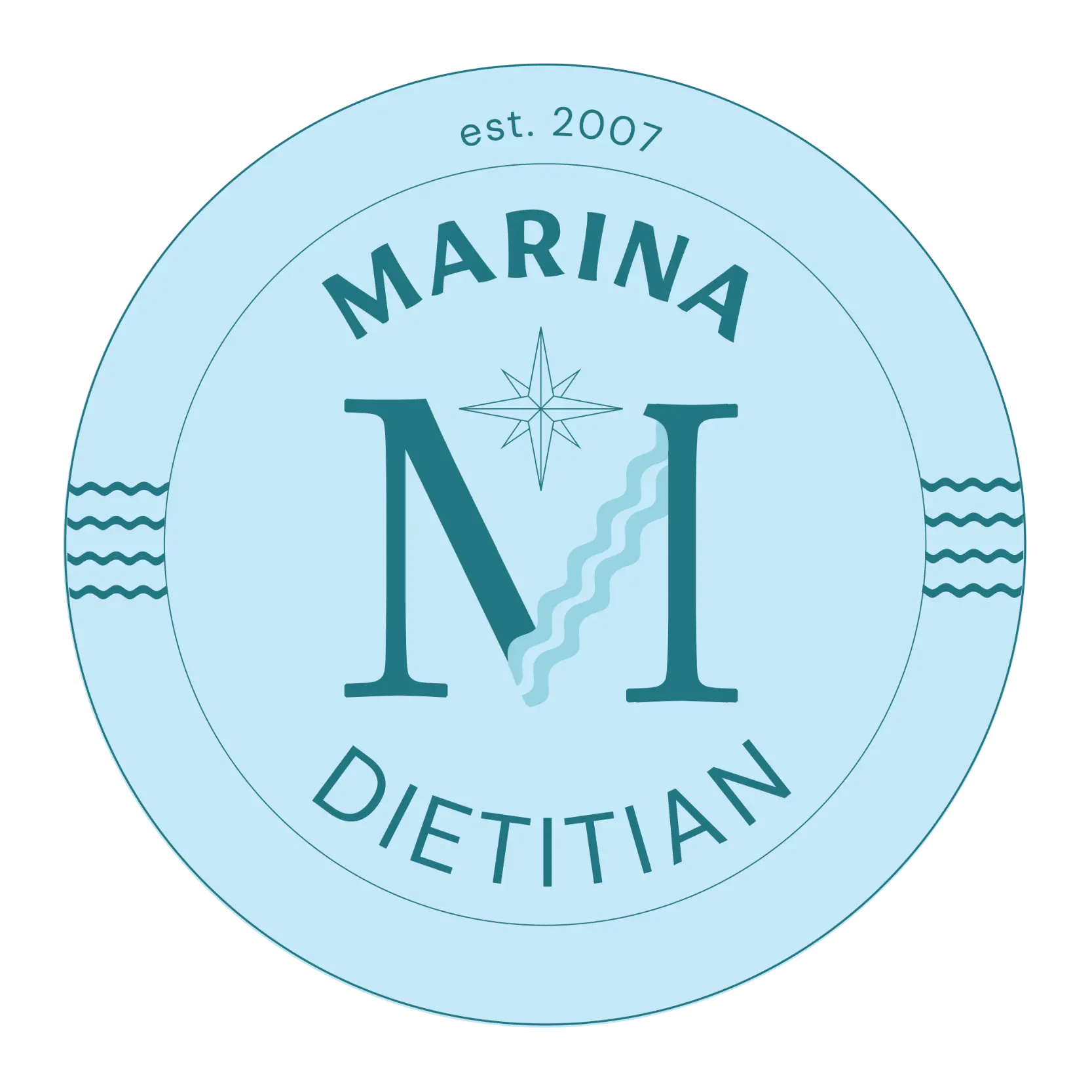Ideally, a well-balanced diet would obtain all our bodies’ essential nutrients. However, with the demands of modern life, dietary restrictions, and the depletion of nutrients in our food, achieving optimal nutrition solely through food intake has become increasingly challenging. Micronutrients play a crucial role. This blog will explore why people need vitamins and minerals, and you cannot rely only on a food source.
Nutrient Depletion in Soil:
Nutrient variability, food’s nutrient content can vary due to soil quality, farming practices, processing methods, and storage conditions. Over time, intensive farming practices have led to soil depletion, resulting in a decline in the nutrient content of fruits, vegetables, and grains. The modern agricultural system often prioritizes crop yield over nutritional value. Consequently, the nutritional content of our food has significantly diminished. Supplementation helps bridge this gap by providing essential vitamins, minerals, and other nutrients.
Processing and Storage:
The processing, storage, and cooking of food can also lead to nutrient loss. Exposure to air, light, and heat can degrade vitamins and minerals. Additionally, long transportation times and prolonged storage can further diminish nutrient content. Food packaging often uses dark or opaque materials to protect the contents from light damage.
Vitamin C and riboflavin (vitamin B2) are particularly vulnerable to degradation when exposed to light. Similarly, certain pigments, such as chlorophyll and carotenoids, which contribute to the vibrant colors of fruits and vegetables, can be affected by light exposure.
It’s important to note that the impact of light on nutrient degradation varies depending on factors such as the specific nutrient, intensity, duration of light exposure, and type of food. While some nutrients are more susceptible to degradation, others are relatively stable and less affected by light exposure.
Additionally, consuming fresh, minimally processed foods can help ensure optimal nutrient intake.
Individual Nutrient Requirements:
As unique individuals, we all have different nutritional needs based on age, gender, lifestyle, and health conditions. While a balanced diet may meet the basic requirements of most individuals, it may not cater to specific deficiencies or higher nutrient demands. Supplements offer targeted support by addressing specific nutrient gaps or providing higher doses, when necessary, tailored to individual needs.
Limited Dietary Choices Leading to Deficiencies:
Dietary restrictions, food allergies, or personal preferences can limit food choices, potentially leading to nutrient deficiencies. For example, vegetarians and vegans may need help to obtain sufficient vitamin B12, which is found in animal products. Supplements help ensure these individuals meet their nutritional requirements without compromising their dietary choices.
Dietitians may diagnose nutrient deficiencies. It involves a combination of medical history, food recall, nutrition-focused physical examination, and laboratory tests. Furthermore, gathering rapport with individuals is essential to inquire about lifestyle factors like exercise and dietary restrictions. A dietitian may perform a nutrition-focused physical exam (NFPE). It is a head-to-toe assessment of a patient’s physical appearance and function to help determine signs of nutrient deficiencies. RD observes and palpitates skin, nails, hair, and eyes to assess vitamin or mineral deficiencies.
Increased Nutrient Needs:
Nutrient needs may vary in certain life stages, such as pregnancy, lactation, and late adulthood, and require higher nutrient intakes. During pregnancy, for instance, the demand for nutrients like folic acid, iron, and calcium increases significantly. Supplements formulated for specific life stages can provide nutritional support during these critical periods. Genetics play some variations in our genes as they affect how our bodies metabolize and utilize nutrients. Some individuals may have genetic variations that increase their need for specific vitamins or minerals.
Environmental Factors:
Environmental factors, such as pollution, stress, and chronic illnesses, can impact our body’s ability to absorb and utilize nutrients effectively. Exposure to environmental pollutants and toxins can affect the functioning of organs involved in nutrient absorption and metabolism, such as the liver and kidneys. These harmful substances can impair nutrient absorption or disrupt the body’s utilization of nutrients. Additionally, certain pollutants can act as free radicals, leading to oxidative stress, affecting nutrient utilization, and increasing the need for antioxidants.
Chronic stress can have various physiological effects on the body, impairing digestion and nutrient absorption. Stress hormones, such as cortisol, can alter the gastrointestinal tract’s function, reducing nutrient absorption efficiency. Chronic stress can also deplete nutrient stores and increase nutrient requirements, making it essential to ensure adequate nutrient intake during stressful periods.
While a well-balanced diet remains the foundation of good nutrition, the reality of modern lifestyles and various factors impacting our food supply make it difficult to meet all our nutritional needs through food alone. Supplements are valuable allies in bridging the nutritional gap, providing essential vitamins, minerals, and other nutrients we might be missing from food. However, it’s necessary to consult a healthcare professional, such as a registered dietitian, before starting any supplementation regimen to ensure appropriateness and safety for individual circumstances. Remember, supplements should complement a healthy diet, not replace it.





